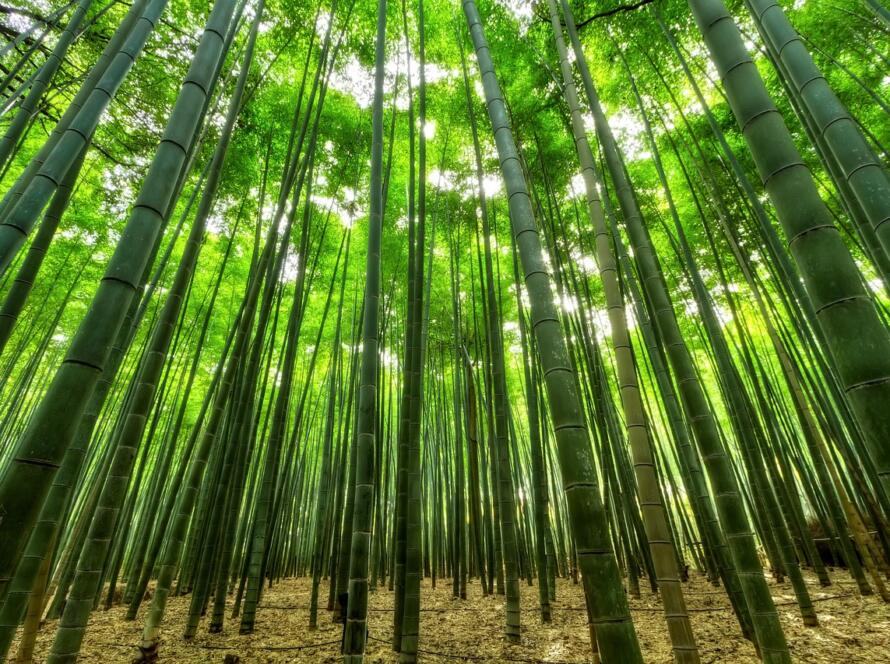When it comes to choosing the right pair of socks, there are various factors to consider, such as material, comfort, durability, and price. Two popular options are cotton socks and bamboo fiber socks. In this article, we will compare cotton socks and bamboo fiber socks and help you make an informed decision about which one to choose.
Cotton socks have been a staple in many people’s wardrobes for decades. Cotton is a natural, soft, and breathable material that feels comfortable against the skin. Cotton socks are also affordable and come in a variety of styles and colors. However, cotton socks do have some drawbacks. For instance, cotton is not as moisture-wicking as some other materials, which can lead to sweaty and uncomfortable feet.
On the other hand, bamboo fiber socks are becoming increasingly popular due to their unique properties. Bamboo fiber is naturally moisture-wicking, which means that it can absorb up to three times its weight in water. This feature makes bamboo fiber socks an excellent choice for those who are prone to sweaty feet or live in humid climates. Additionally, bamboo fiber is naturally anti-bacterial, which can help prevent foot odor and infections.
Another benefit of bamboo fiber socks is that they are eco-friendly. Bamboo is a renewable resource that grows quickly without the need for pesticides or fertilizers. Furthermore, the production process of bamboo fiber requires less water and energy compared to cotton.
However, bamboo fiber socks also have some disadvantages. Bamboo fiber socks tend to be more expensive than cotton socks, and they may not be as soft as cotton socks due to the fiber’s structure. Additionally, some people may be allergic to bamboo fiber, so it is important to check for any sensitivities before purchasing bamboo fiber socks.
In conclusion, both cotton socks and bamboo fiber socks have their advantages and disadvantages. Cotton socks are affordable, comfortable, and come in a wide range of styles and colors. However, they may not be as moisture-wicking as bamboo fiber socks. Bamboo fiber socks are naturally moisture-wicking, eco-friendly, and have anti-bacterial properties. However, they tend to be more expensive than cotton socks and may not be as soft. Ultimately, the choice between cotton socks and bamboo fiber socks comes down to personal preference and individual needs.
To summaize:
Compared to pure cotton socks, bamboo fiber socks have the following advantages:
Better water absorption: Due to the characteristic fiber structure of bamboo fiber, bamboo fiber socks have better water absorption performance, which also determines their excellent breathability. When both cotton and bamboo fiber fabrics are put in water, it is obvious that the sinking speed of the bamboo fiber fabric is faster.
Better antibacterial performance: Bamboo fiber socks have better antibacterial properties than pure cotton socks.
Better resistance to oil stains: Bamboo fiber socks are easier to clean when stained with oil, while pure cotton socks need to be cleaned immediately to prevent oil stains from becoming difficult to remove.
On the other hand, pure cotton socks have the following advantages:
Higher comfort: Due to the fact that cotton fibers are fluffier than the bamboo fiber, they are more comfortable to wear. Poor-quality bamboo fiber clothing may even feel grainy when worn.
Better warmth: Pure cotton socks are warmer than bamboo fiber socks.
Terms of price: due to the relatively complex extraction and processing process of bamboo fiber, the cost of bamboo fiber socks is higher than that of pure cotton socks, and the price of bamboo fiber socks is relatively higher.



